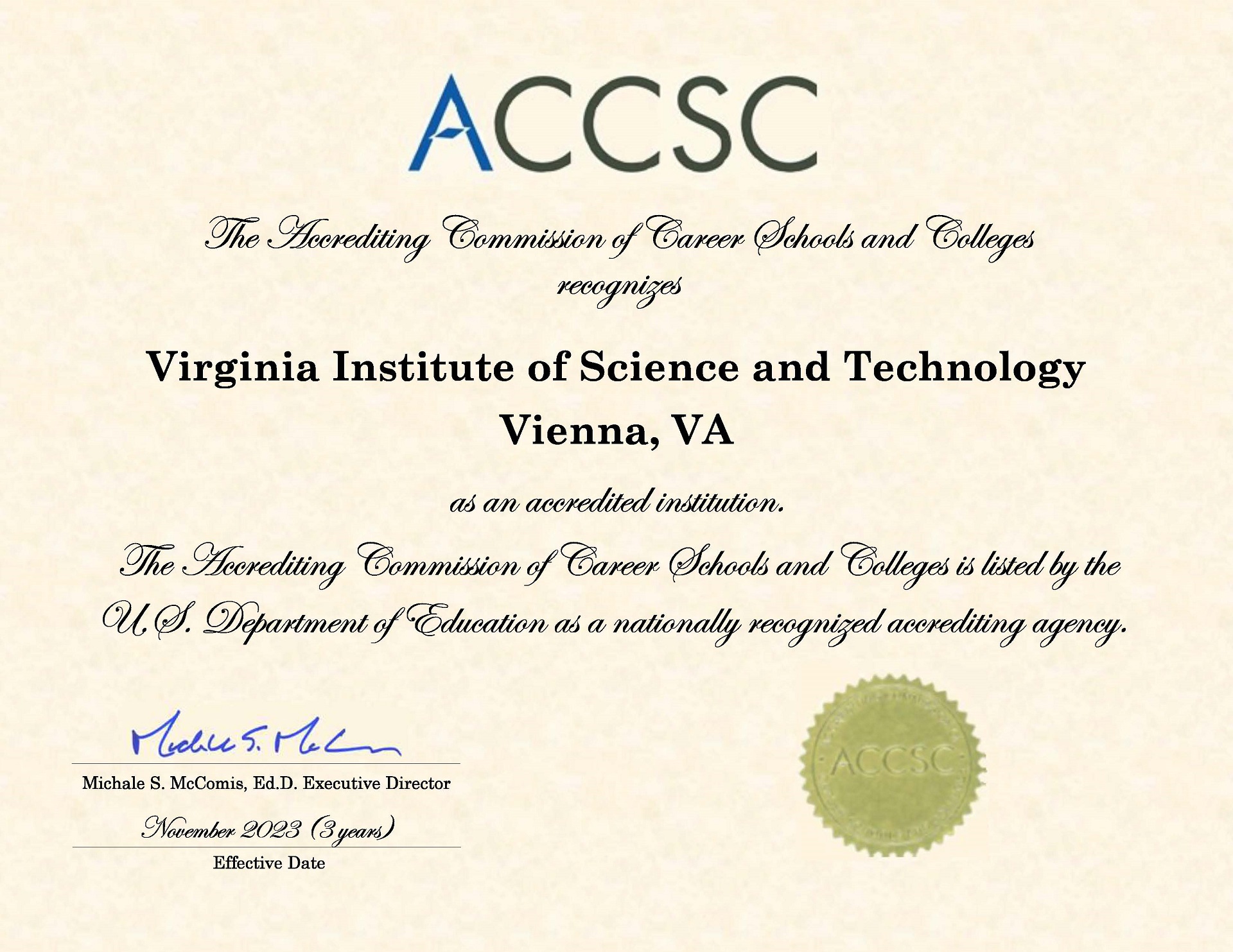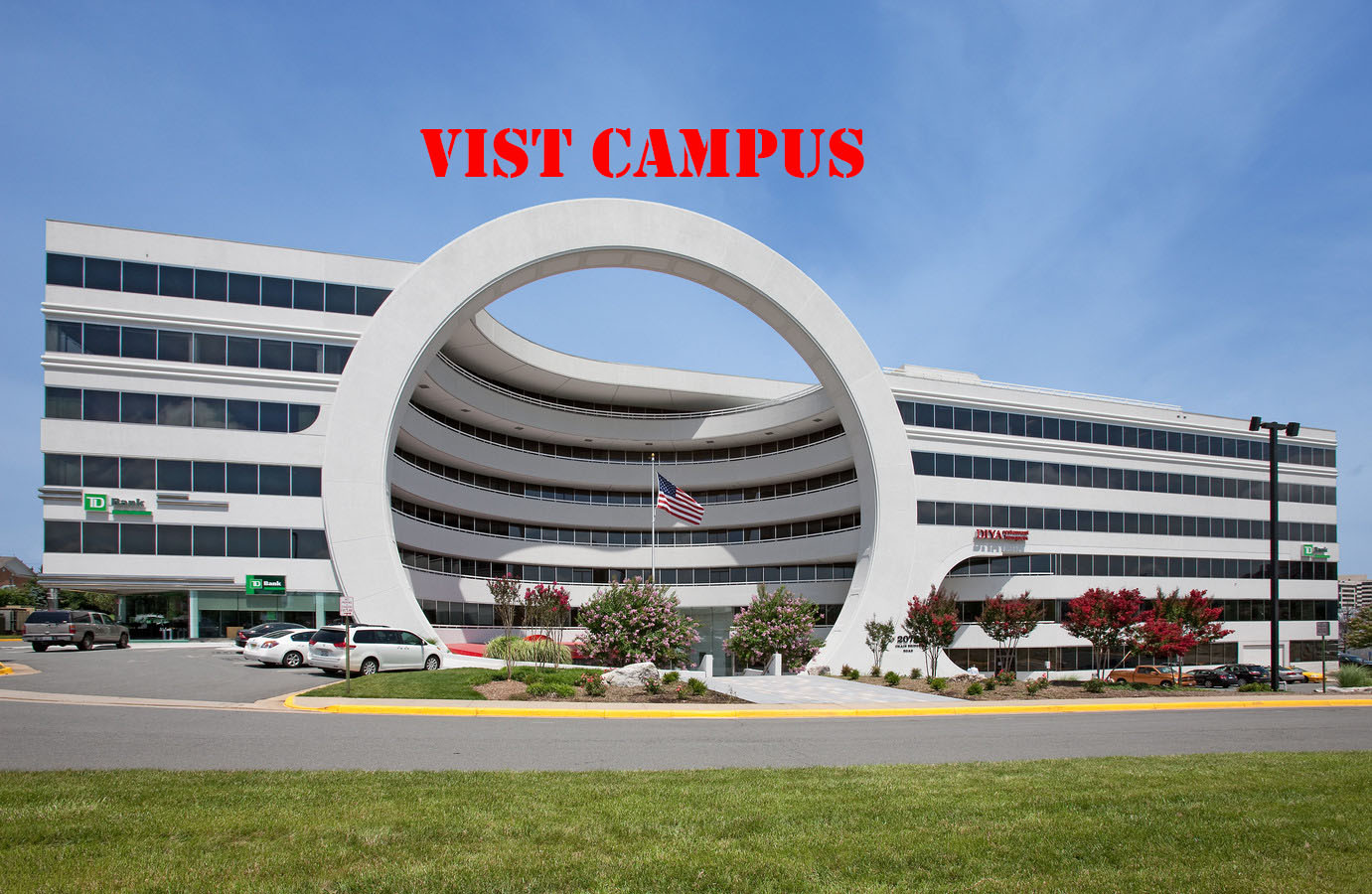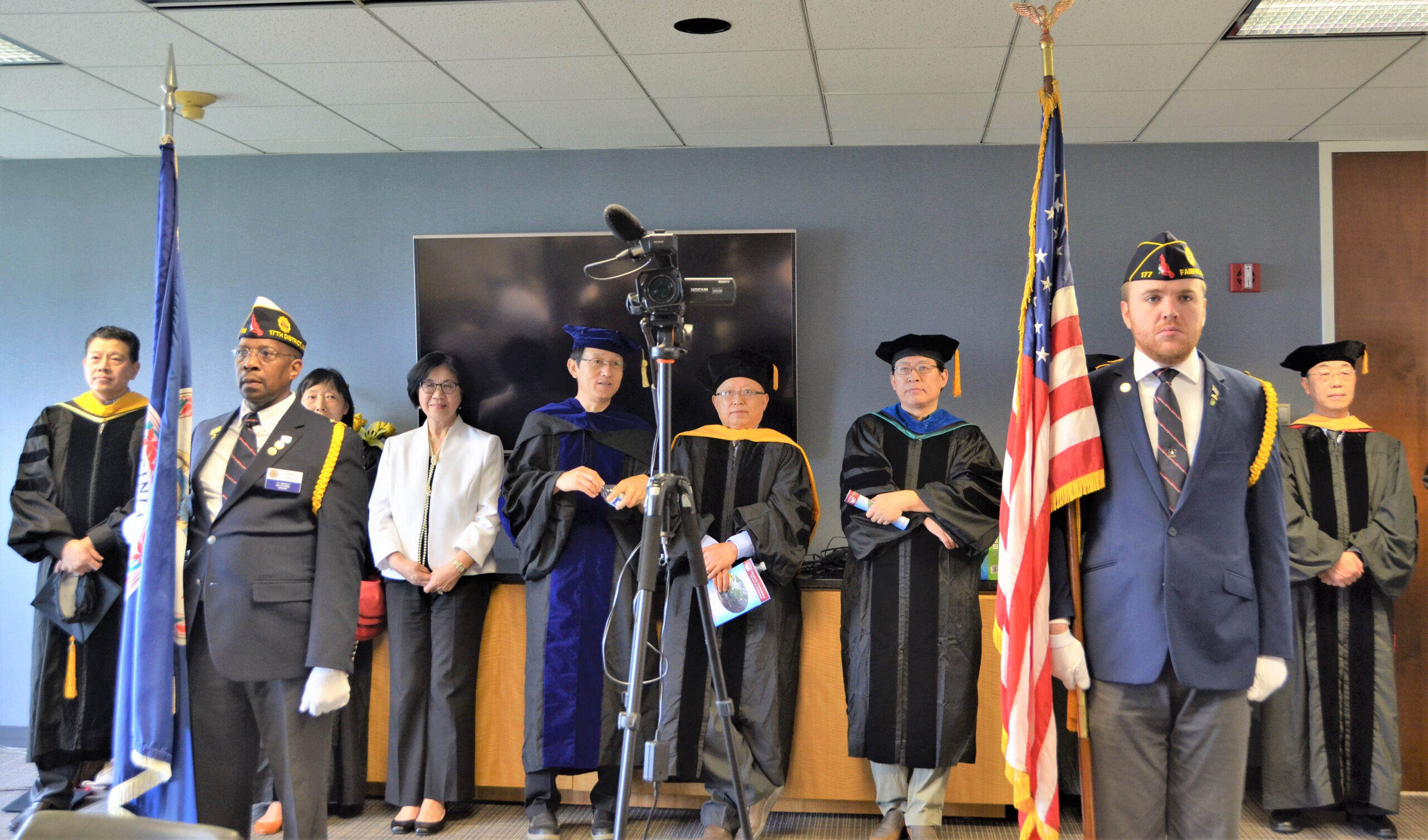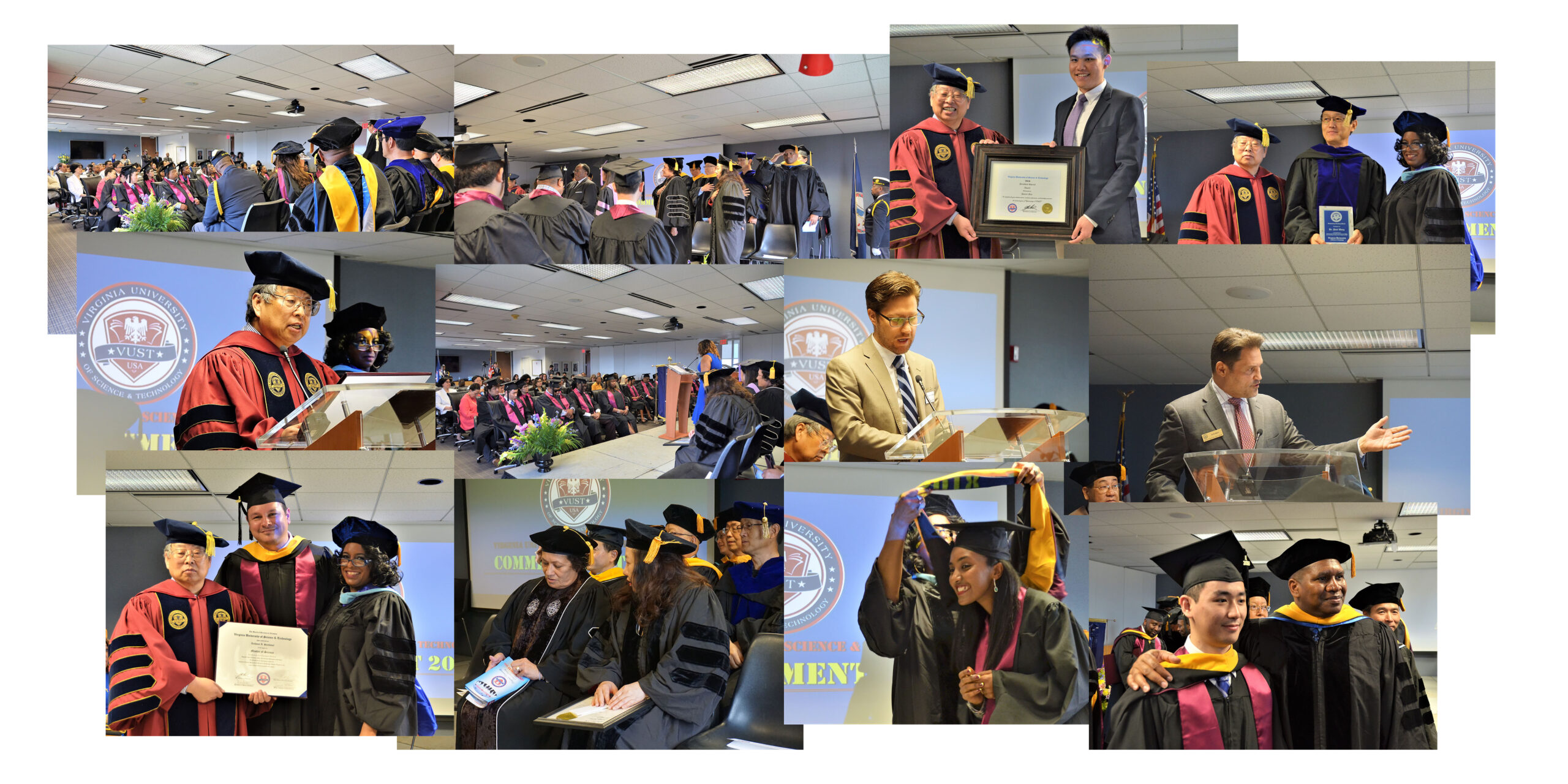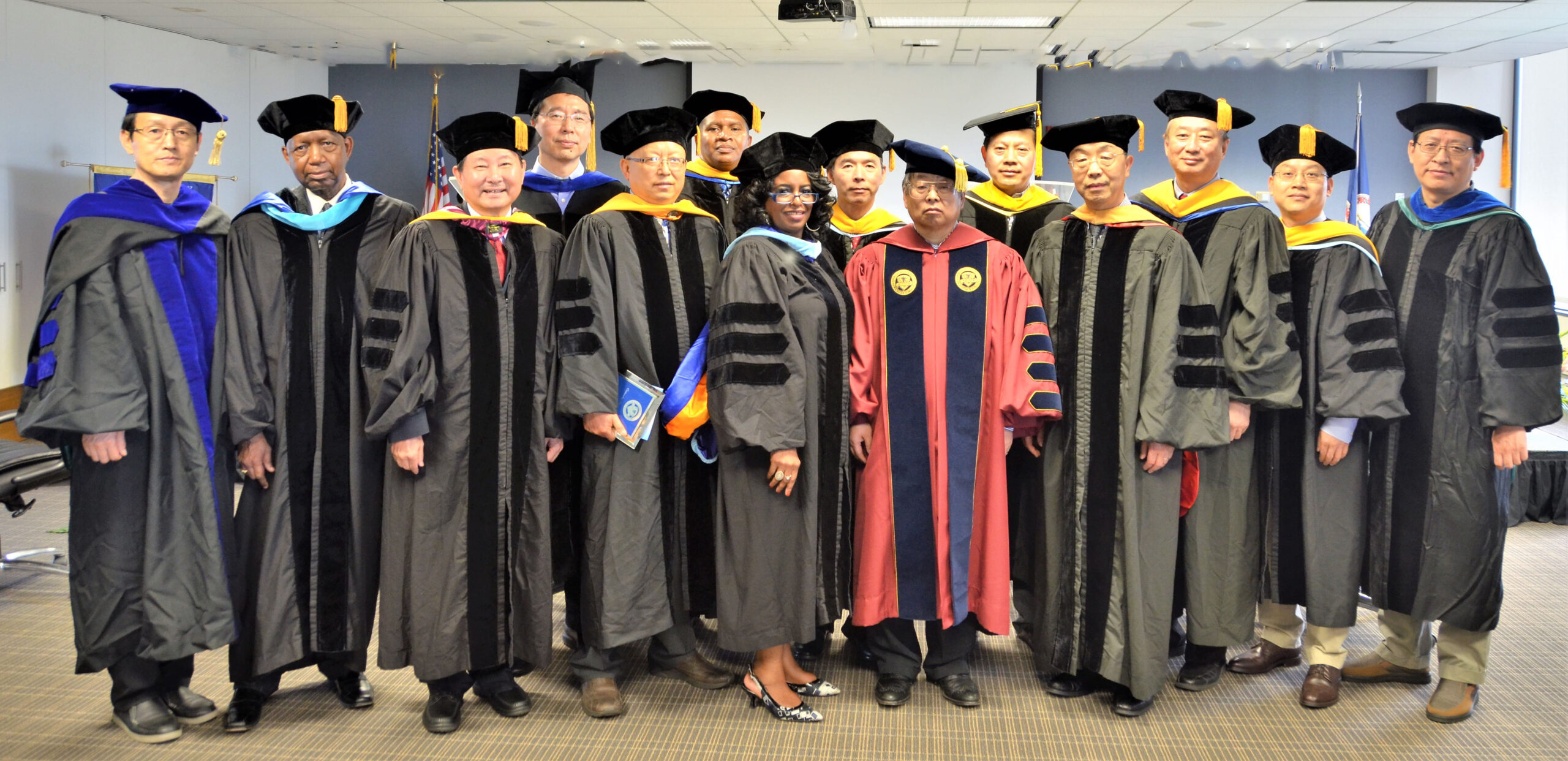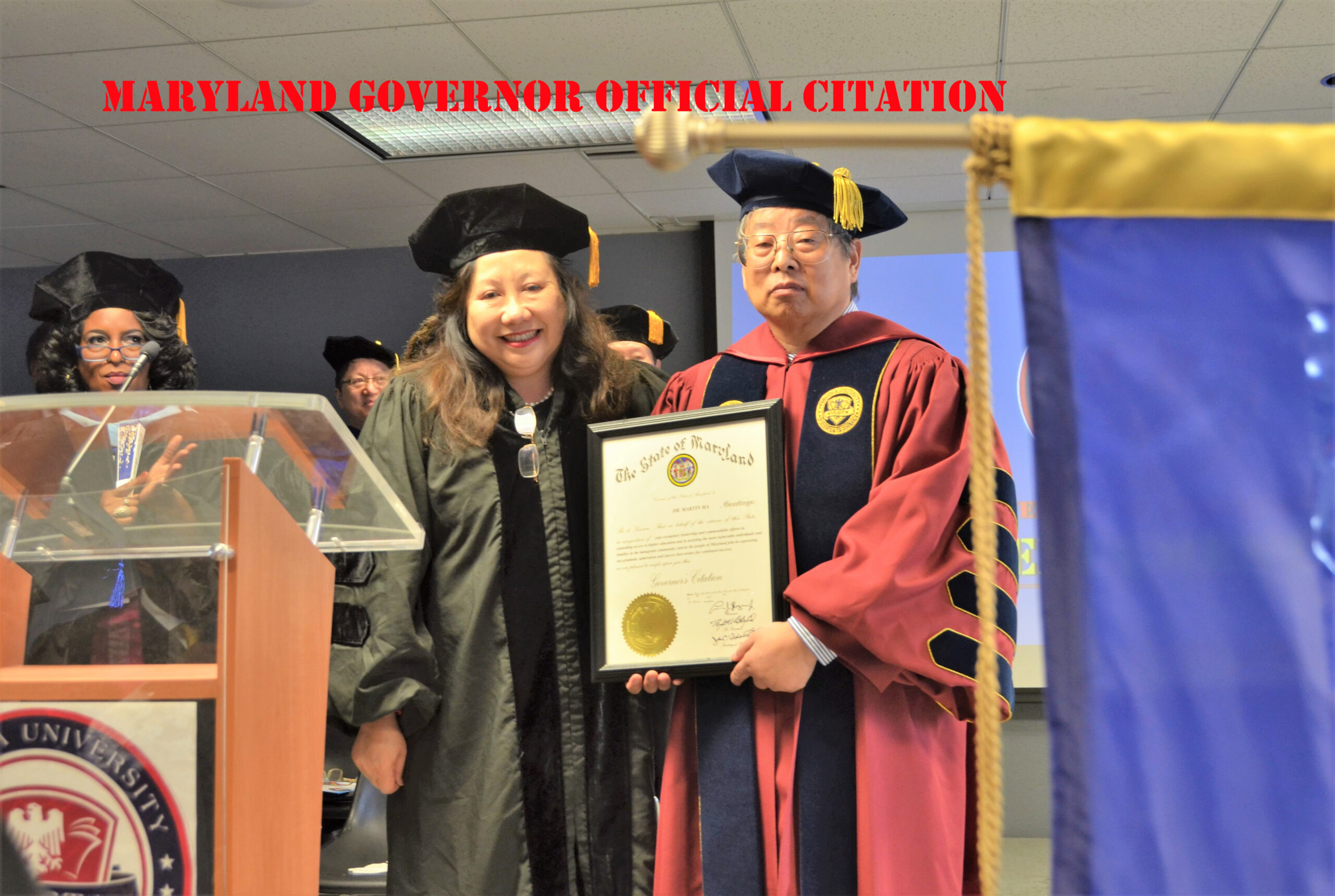MSCIA
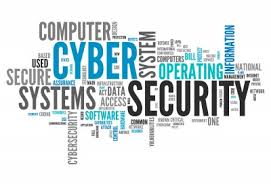 Master of Science in Cybersecurity & Information Assurance (MSCIA)
Master of Science in Cybersecurity & Information Assurance (MSCIA)
This program is designed to fill a domestic and worldwide critical and growing need for cybersecurity professionals in the public and private sectors. Cybersecurity is becoming one of the major domestic and global challenges. VIST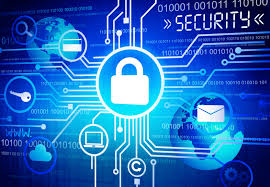 focuses on providing its students with all the knowledge, abilities, and skills to “exceed emerging global challenges.” Our Master of Science in Cybersecurity & Information Assurance (MSCIA) program emphasizes the identification and mitigation of information security risks and threats faced by organizations as well as strategies for securing data, processes, and systems of these public and private institutions.
focuses on providing its students with all the knowledge, abilities, and skills to “exceed emerging global challenges.” Our Master of Science in Cybersecurity & Information Assurance (MSCIA) program emphasizes the identification and mitigation of information security risks and threats faced by organizations as well as strategies for securing data, processes, and systems of these public and private institutions.
The program has been carefully designed to meet the real-world requirements and to facilitate the hands-on experience for achieving successful careers in the general domain of information and cybersecurity technology. The program is appropriate for IT professionals who are interested in mid-level cybersecurity positions, managing the cybersecurity program, including supervising information security implications that specifically include strategic, personnel, infrastructure, policy enforcement, emergency planning, and security awareness.
General job titles available for graduates: Cybersecurity Analyst, Information Assurance Analyst, Cybersecurity Specialist, Cybersecurity Consultant, Cybersecurity Manager/Administrator, Information Security Manager, Network Security Specialist, Network Security Administrator, System Security Auditor, and IT security specialist.
Classroom and Synchronous Online Learning
VIST offers a Master of Science degree in Cybersecurity &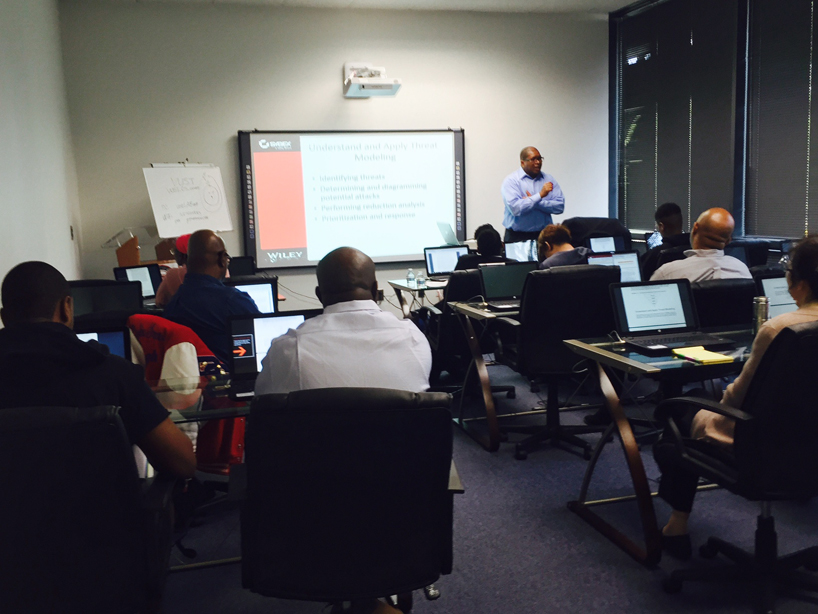 Information Assurance (MSCIA) in both Face-to-Face (FTF) Classroom programs and Synchronous Remote Learning programs (SRL – real-time online learning). The requirements of admission requirements, education quality, professors, curriculums, syllabus, assignments, projects, examinations, and labs, as well graduation standards, degree diploma and transcripts are same in both models.
Information Assurance (MSCIA) in both Face-to-Face (FTF) Classroom programs and Synchronous Remote Learning programs (SRL – real-time online learning). The requirements of admission requirements, education quality, professors, curriculums, syllabus, assignments, projects, examinations, and labs, as well graduation standards, degree diploma and transcripts are same in both models.
Both FTF and SRL programs are the 12 courses with 54-credits programs, which are described below, have been designed by cybersecurity academic and industry professionals to prepare graduates with job-ready skills. The program includes a choice of two specialization tracks: System Cybersecurity and Operation Assurance along with an optional capstone independent study.
The purpose of our MSCIA program is to meet the growing need for highly-skilled, job-ready men 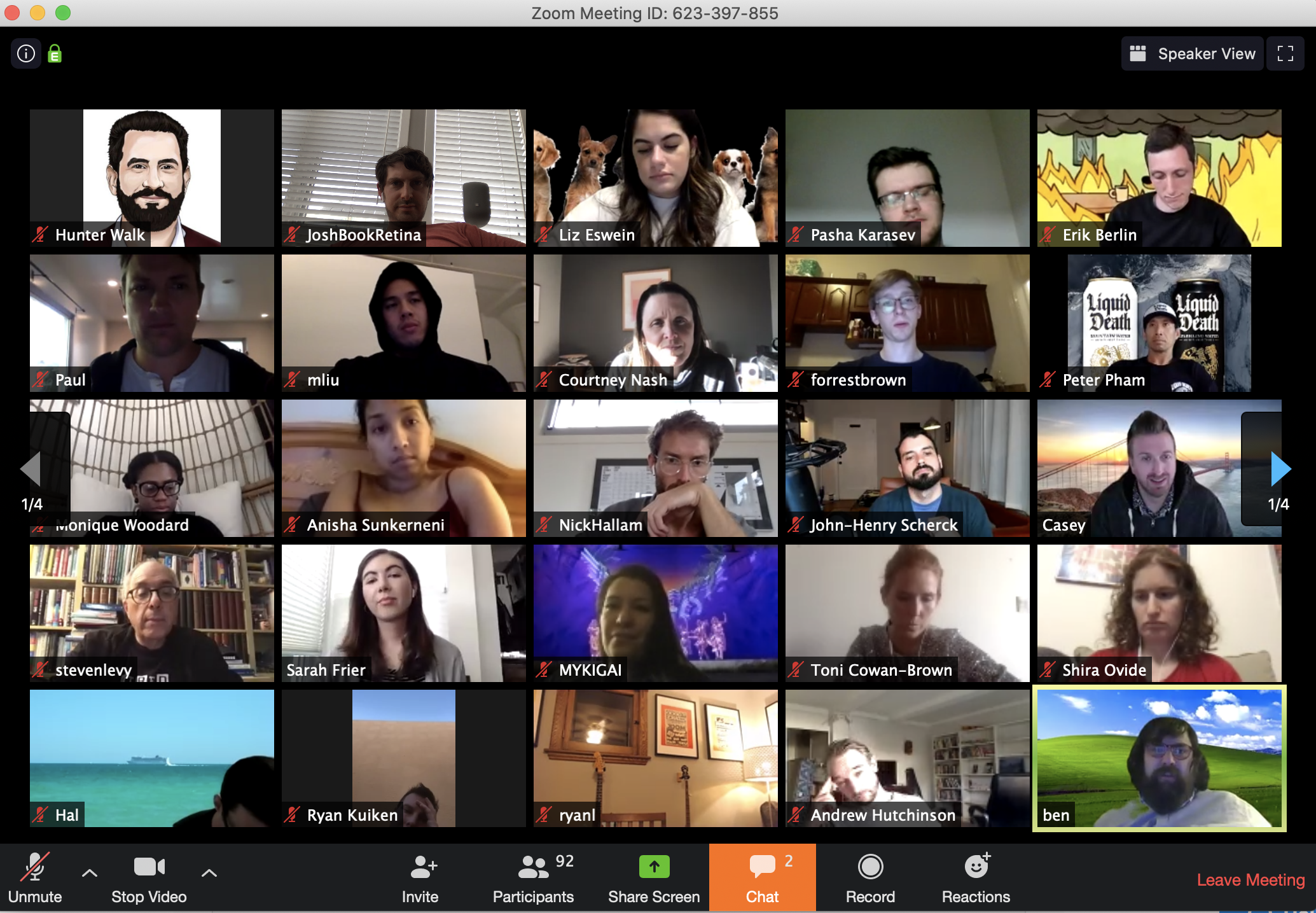 and women primarily in the computer and information technology industry, with particular emphasis on the security sector.
and women primarily in the computer and information technology industry, with particular emphasis on the security sector.
MSCIA is designed by cybersecurity academicians and industry professionals to prepare graduates with job-ready skills. The program includes a choice of two specialization tracks: System Cybersecurity and Operation Assurance.
(Please note VIST current online programs are for Virginia residents and international students ONLY. VIST is not a member of NC-SARA at this moment.)
Curriculum
Students in the Master of Science degree in Cybersecurity & Information Assurance must complete 54 quarter credit hours, as follows:
|
Category |
# of Courses Required |
Total Credits Required |
|
Core Courses |
6 |
27 Quarter Credits |
|
Specialization & Electives |
6 |
27 Quarter Credits |
|
Total |
12 courses |
54 Quarter Credits |
Core Courses
Each graduate student is required to take six (6) out of nine (9) core courses, equaling a total of 27 credits. The choice of core courses does not need to be approved by an academic advisor. The following core courses do not have prerequisites. Each course is 4.5 quarter credit hours.
CSIS 500 – Principles of Security in Computing
CSIS 512 – Cybersecurity Infrastructures
CSIS 518 – Cryptography & Network Security
CSIS 520 – Strategies and Practices for Cyberspace Threats and Defense
CSIS 528 – Network Principles and Cybersecurity Strategy
CSIS 530 – System Assessment & Security Risk Analysis
CSIS 536 – Computing Operation Systems & Cybersecurity
CSIS 592 – Forensic Evaluation and Incident Response Management
CSIS 594 – Legal and Ethical Aspects of Cybersecurity
Specialization Areas
Specialization areas are the fields that students may have more interest in one field than others. Specialization areas are not mandatary requirement. It is optional that students may focus on their future career development.
Cybersecurity Systems (Choose 4 out of 5 courses. Each course is 4.5 credit hours)
CSIS 510 – Trusted Computing
CSIS 530 – System Assessment & Security Risk Analysis
CSIS 570 – Enterprise Security Technologies
CSIS 580 – Cybersecurity Intelligence/Counter Intelligence
CSIS 650 – System Architect and Cybersecurity
Information Assurance (Choose 4 out of 5 courses. Each course is 4.5 credit hours)
CSIS 536 – Computing Operation Systems & Cybersecurity
CSIS 585 – Malware Analysis and Defense
CSIS 592 – Forensic Evaluation and Incident Response Management
CSIS 595 – Information System Auditing and Monitoring
CSIS 665 – Disaster Recovery & High Availability
Electives
In addition to the above core and specialization course, students can take one or more of the following courses as their electives. (Choose 2 out of 9 courses. Each course is 4.5 credit hours)
CSIS 540 – Introduction to Ethical Hacker Skills and Technologies
CSIS 545 – Advanced Ethical Hacker Skills and Cybersecurity
CSIS 560 – Introduction to Mobile Computing
CSIS 590 – Introduction to Cloud Computing
CSIS 591 – Introduction to Digital Forensics
CSIS 593 – Advanced Applied Digital Forensics
CSIS 620 – CISSP Principles and Practices I
CSIS 626 – CISSP Principles and Practices II
CSIS 636 – Database System Management & Assurance
All Course descriptions are defined in the VIST School Catalog.

